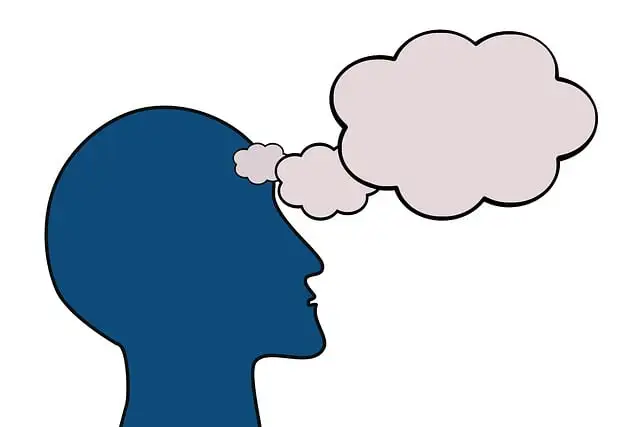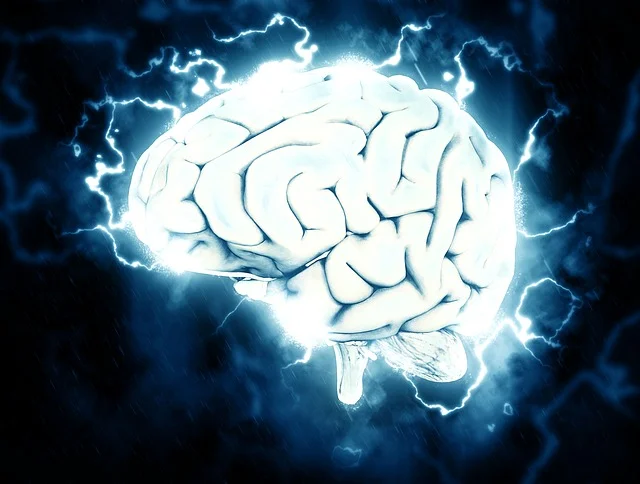Thoughts that ruin your day and life

Life consists of actions that originate in the head as ideas. Confucius said that you won’t do bad things if you don’t have evil thoughts. This is also true for harmful reflections that lead a person into an endless cycle of disappointments, turning a far-fetched reality into a way of life.
According to research, the average person has about 6,000 thoughts a day in their head. Most of them are fleeting, taking only a few seconds. However, as a rule, some of the most negative ones can take hours, making the day unbearable.
7 thoughts that ruin your day and life
1. How to control everything, including uncontrolled
A lot of energy is spent thinking about controlling the uncontrollable. When trying to find a solution to an unsolvable problem, the brain returns to it repeatedly. It’s like checking to see if the conditions have changed. He gets disappointed and seems to get used to reality, but after a while, the cycle repeats.
It turns into real torture, which prevents you from focusing on something relevant. The Dalai Lama XIV said that if the problem can be solved, it is not worth worrying about; if it cannot be solved, it is pointless to worry. In the first case, you should act; in the second, you must let go and move on.
2. How good it was before

To get stuck in the past is to miss the future that is happening in the present. Maybe it was better before, especially if you had no responsibility. He could do whatever he wanted all day long. However, there will come a time when the current moment will become the same past, accessible, understandable, and warm.
If your reality is empty, you should be afraid of it. After all, in this case, you will be nostalgic not just for the small but for the practically worthless. Make sure that the advantage of your past lies not only in youth and health. To do this, you need to create bright moments in the present, adding unforgettable shots to the album of life.
3. What should be the ideal life?
Thinking about an ideal life always leaves a bitter taste. The fact is that it is unattainable. Moreover, it is instead an abstraction consisting of a set of templates. It’s easy to guess which attributes are invariably included in your ideal life. More money, less work. A beautiful friend, preferably straight from the cover of a magazine. A faster car, an apartment, or a wider house.
It is unlikely that anyone will refuse such a thing. Such thoughts blow self-esteem; you perceive yourself as unfairly deprived. The most harmful effect is the rejection of real prospects, which do not seem as promising and exciting as fictional pictures of an ideal life.
4. Redundant analysis of old errors
Work on mistakes is necessary — this is how you earn experience that you have already paid for. The only question is how much benefit you will derive from the situation and whether you can offset the damage in the long run.
Excessive error analysis leads to looping and contributes to the emergence of fear. The next time you need to decide, you will prefer not to rely on experience but to run away, to lay down all responsibility. This is not due to fear of any event but to the painful experience of thinking about it. Knowing how painful error analysis will become, you will be even more afraid of failure.
5. Reflections on the best moment

Waiting for the best moment gives you a feeling of comfort and tranquility, at least until it comes. The obvious conclusion is made: it means that the time for action or significant changes has yet to come. You can exhale and wait some more. However, something tingles inside; the inner self silently protests. I must say, not in vain.
The best moment will never come because it is smeared all over life. It exists always and everywhere, but never anywhere. It will arise precisely when you decide that the time has come. Until then, you will drown in thoughts and dreams, calling it planning.
6. Focusing on the bad news

The human brain is naturally biased toward negativity because it perceives bad news as potentially dangerous. Everything dangerous requires increased attention and deeper analysis. This is how the defense mechanism that allowed our species to survive works.
Memes with cats can distract you for a while, but soon, the news feed will remind you of terrible events that a person quickly tries on himself. There is nothing wrong with staying current, but you should keep the information adequate and evaluate it objectively. Wallowing in negativity, you will begin to attract it into your reality. At first, this is expressed in the emotional plane and then in everyday life.
7. Fear of everyday failures

We encounter this type of failure most often, sometimes several times daily. They are small and do not have a fateful character, but they have a cumulative effect. I didn’t water the flowers, I didn’t feed the cat, I left the keys in the car.
A slightly more significant failure can be considered a forgotten promise, another late arrival at work, or an inappropriate joke.
Gradually, the image of a loser is being assembled from these little things, with everything falling out of his hands.
A thought settles in your head: you are not suitable for anything if you cannot cope with the simplest tasks. The effect is powerful when the environment constantly reminds you of it. It remains to accept the appointment or become more collected. There are different ways to achieve positive changes — from planning things in a daily notebook to allocating more time to sleep.




